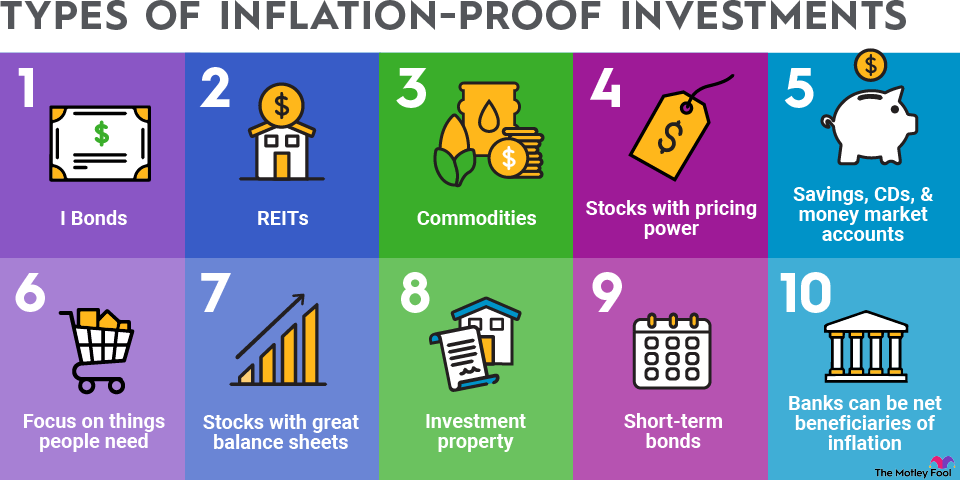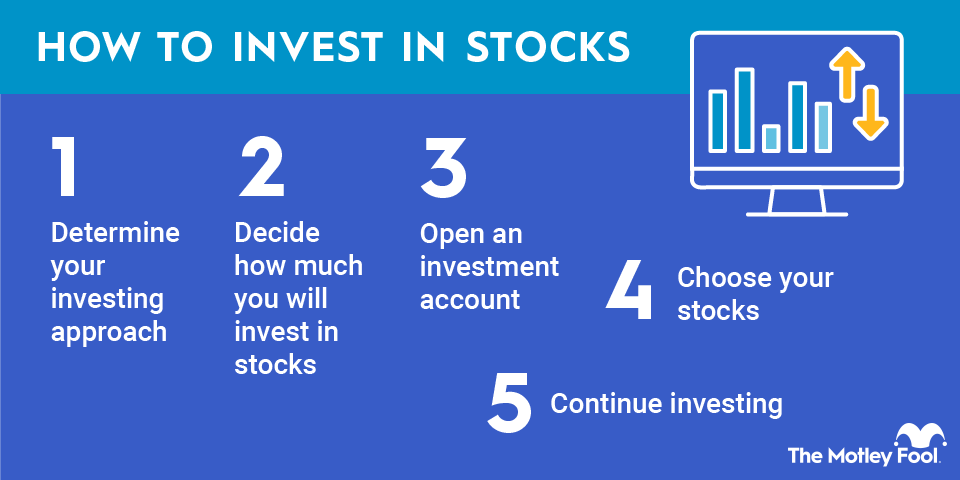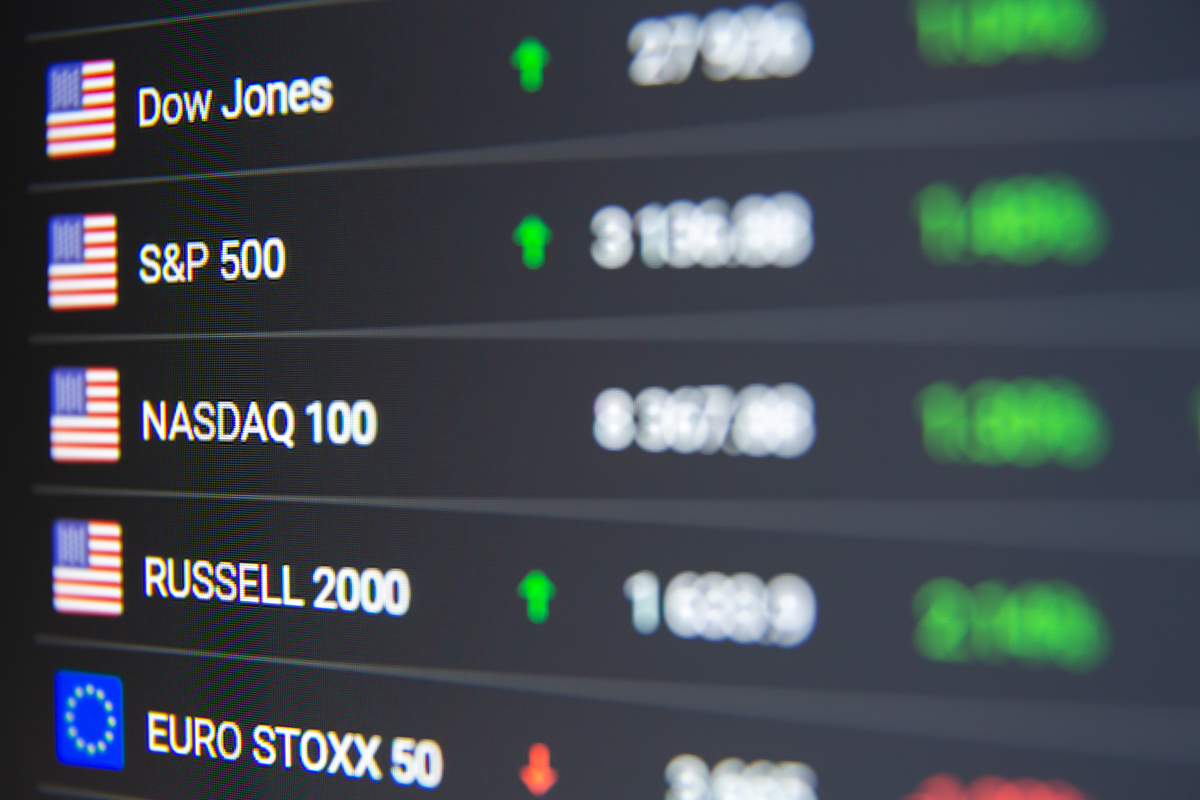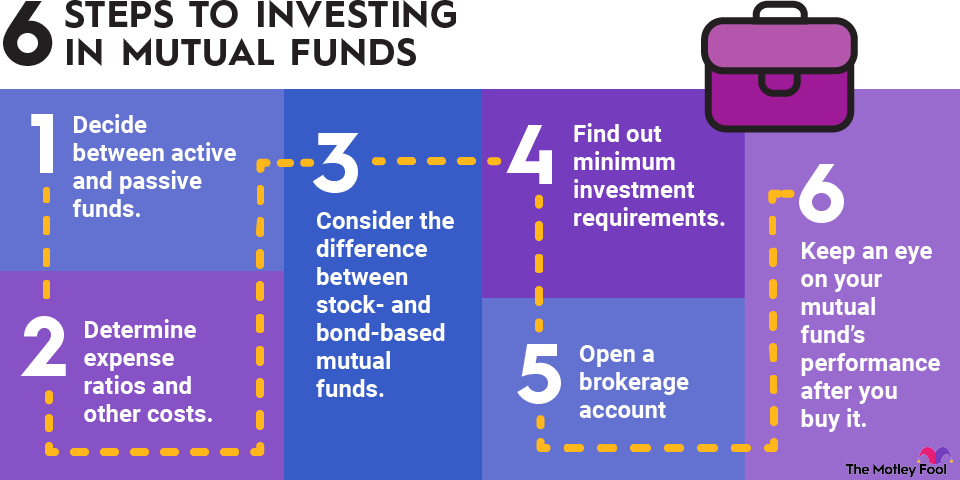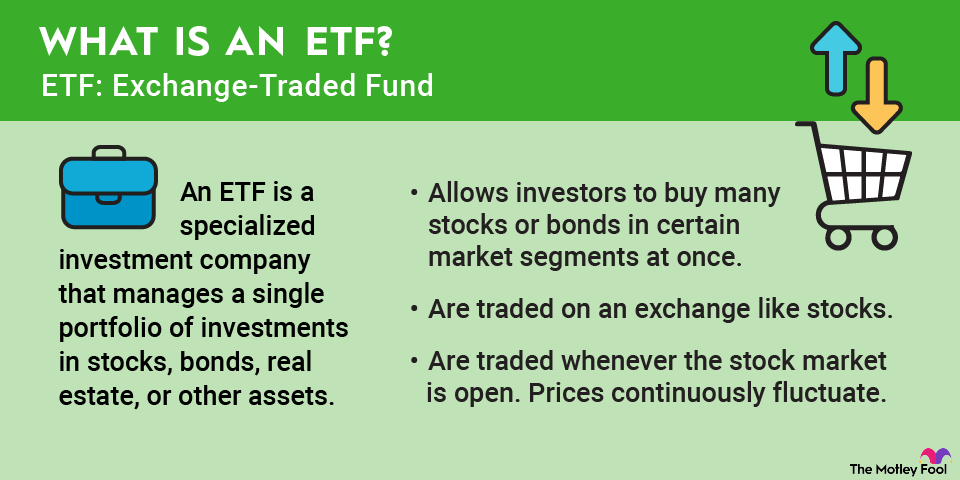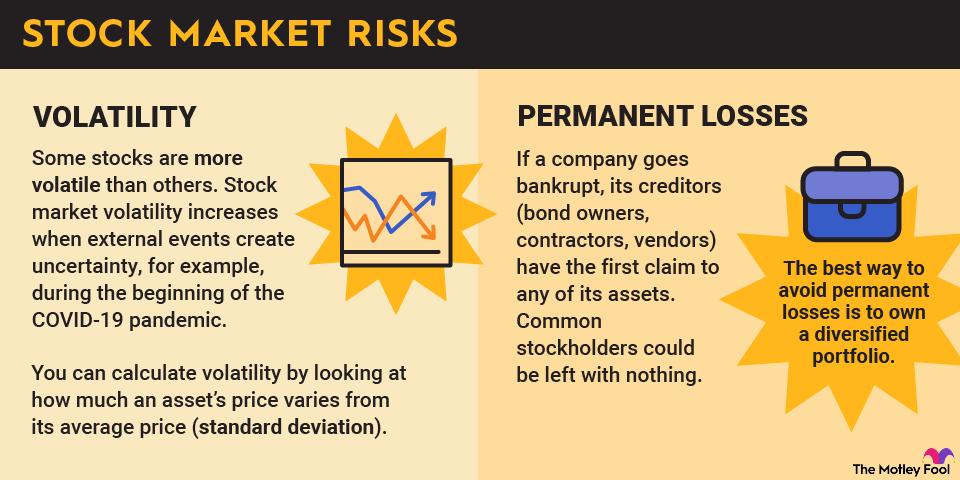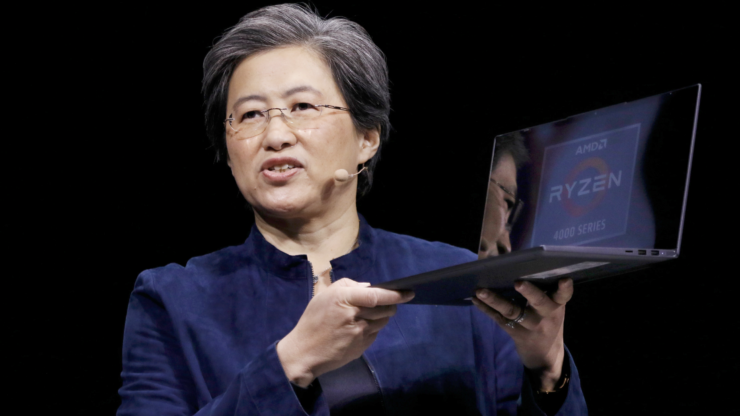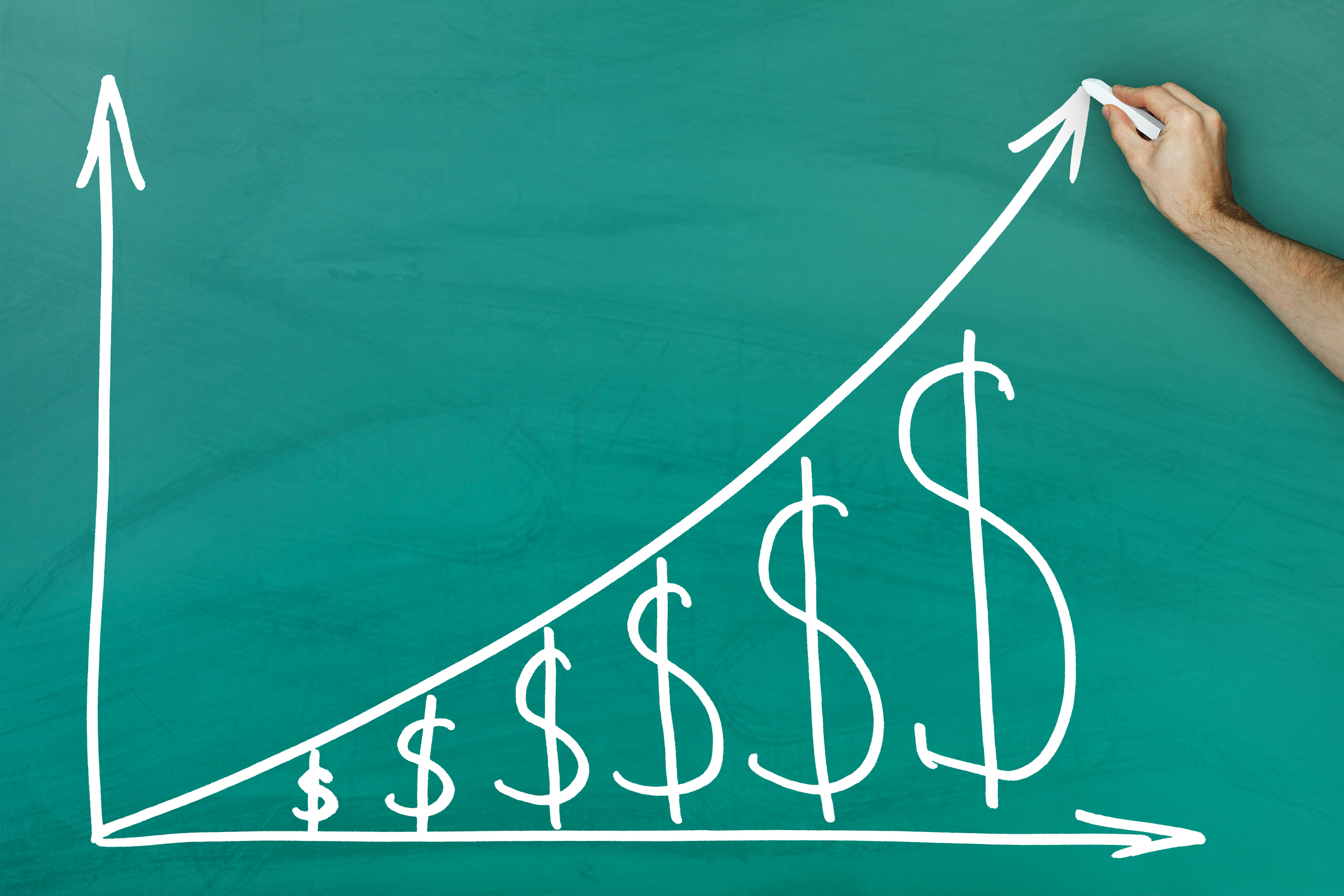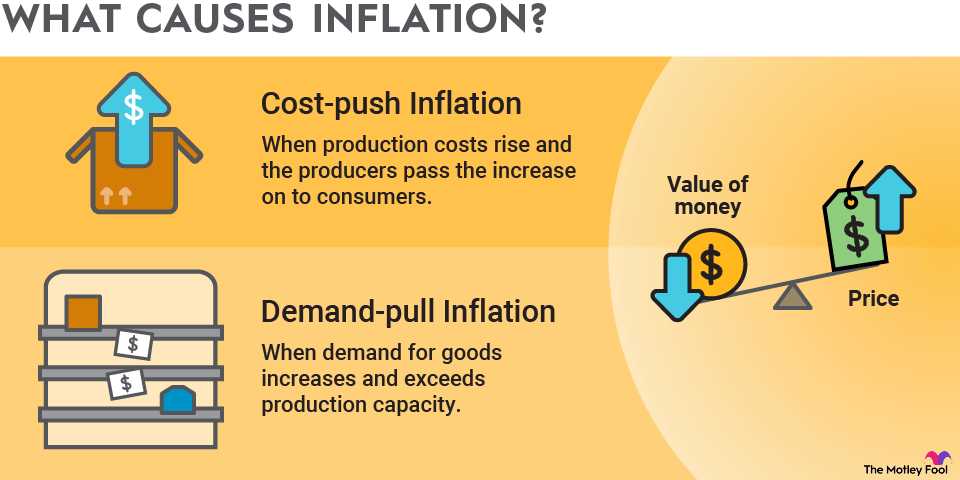5. Savings, CDs, and money market accounts
We generally don't think of these as "investments," but they certainly become quite a bit more appealing when inflation pushes rates higher. As of August 2025, it was possible to find savings account interest rates of 4% or more from reputable banks.
Of course, if inflation reverses course, the yields you receive from savings and money market accounts will likely trend downward. But if that happens, you can simply choose to invest the money elsewhere. In the meantime, you'll lock in a strong return while maintaining optionality for your investable cash.
6. Focus on things people need
When inflation rises, consumers tend to pump the brakes on spending. However, the biggest cutbacks happen in discretionary spending; that is, people stop buying things they don't need. On the other hand, businesses that sell things that people need tend to do just fine during inflationary periods. Utilities, consumer staples, and insurance are just a few examples of sectors that generally fall into this category.
Walmart (WMT -1.24%) is a great example since it not only sells things people need (such as groceries), but it does so at lower prices than most competitors. When consumers feel the need to cut back, Walmart's sales tend to grow.
7. Stocks with great balance sheets
When inflationary environments come along, cash is king. If you're running a business, you don't want to have to borrow money or refinance debt at high interest rates. So, one great strategy is to look for companies with cash-rich balance sheets and relatively low debt loads.
Berkshire Hathaway (NYSE:BRK.A)(NYSE:BRK.B) is a great example. Not only does Berkshire have a portfolio of subsidiary businesses that generally sell things people need, but it also has a stockpile of cash on its balance sheet as of mid-2025 -- more than $344 billion. This has not only allowed Berkshire to avoid borrowing money at high rates but also allowed the company to earn billions of dollars in interest income annually.
More importantly, the cash gives it plenty of ammunition to acquire competitors or buy stocks at discounted prices during tough times. There's a reason Berkshire typically outperforms the market in years when the S&P 500 is down, and its inflation resistance has a lot to do with it.
